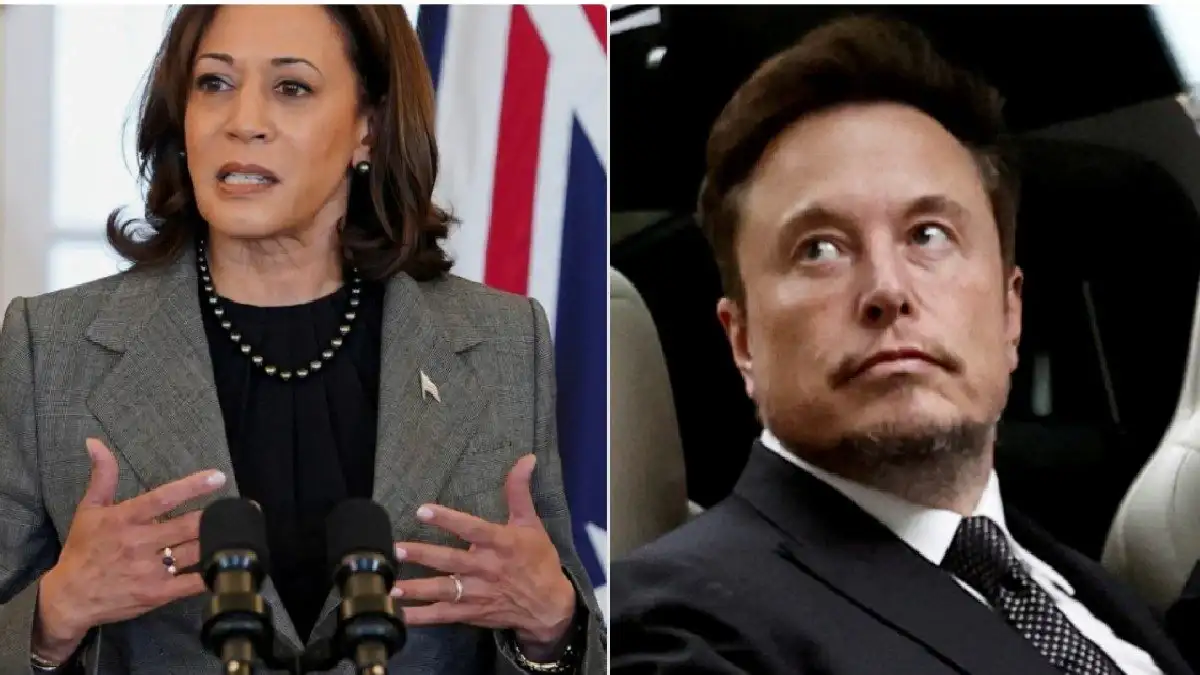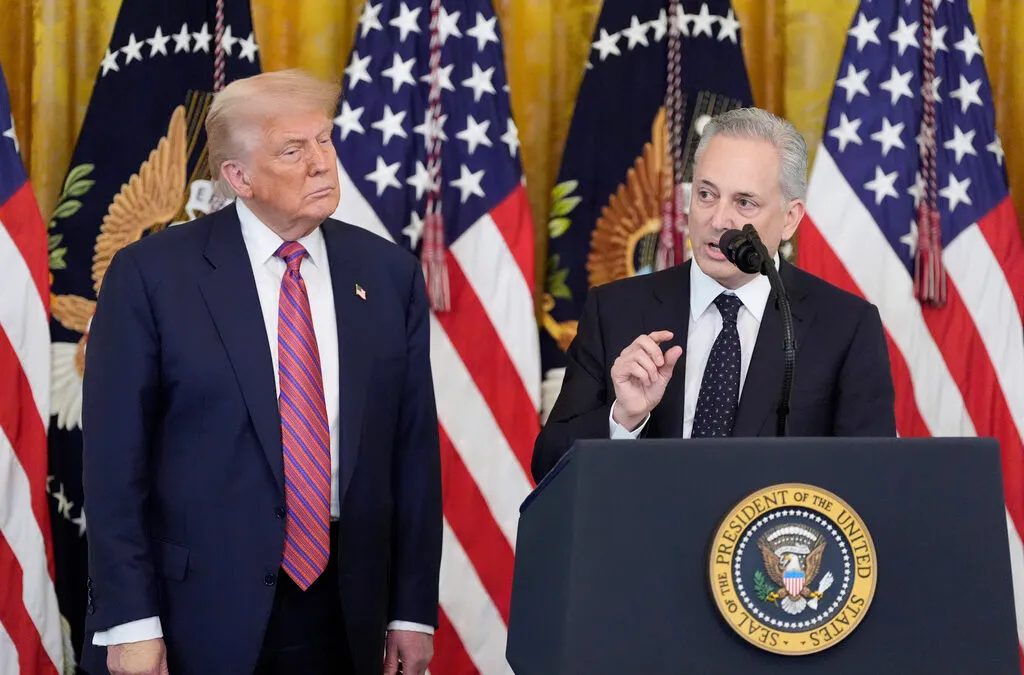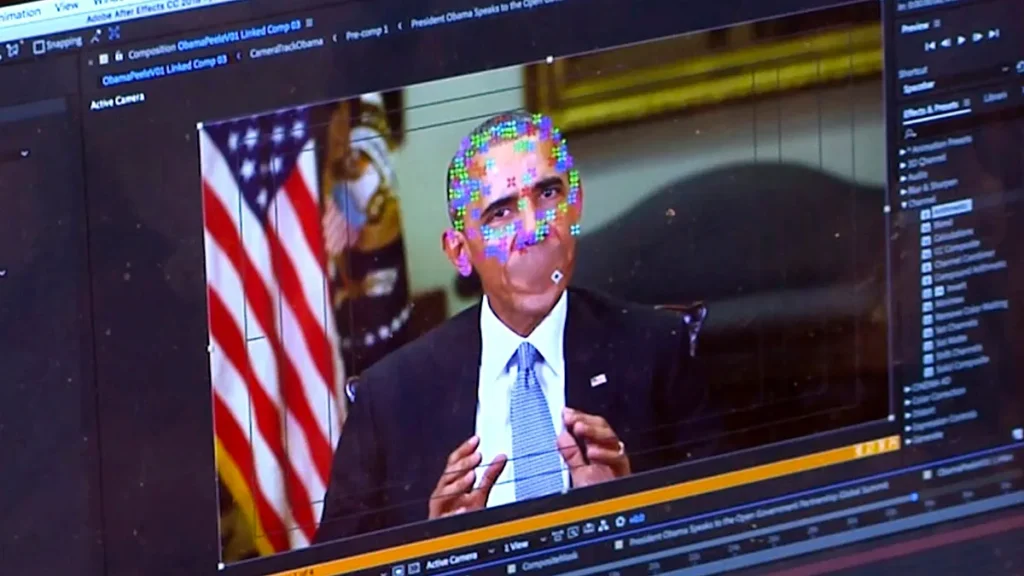In a surprising and significant turn of events, Elon Musk, the CEO of X (formerly Twitter), publicly extended an invitation to U.S. Vice President Kamala Harris to join him on X Spaces for a live discussion. Musk, known for his outspokenness and influential presence in the world of tech, business, and social media, expressed his eagerness to engage in a conversation with the Vice President on his platform. The invitation came after a series of high-profile events and discussions surrounding the intersection of technology, politics, and social media.
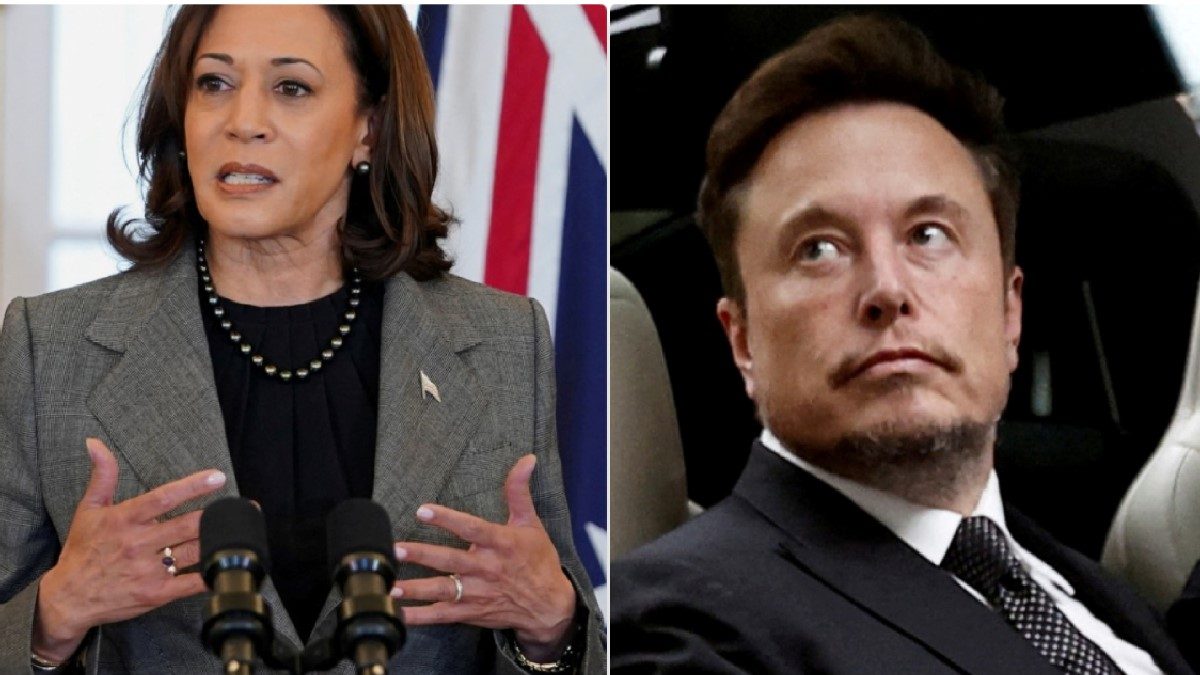
A Bold Invitation
Musk's offer to host Vice President Harris on X Spaces is seen as a bold move, reflecting his commitment to making X a platform for open dialogue on political, social, and global issues. The tech mogul has often been a controversial figure, known for his strong views on free speech and his transformation of Twitter into X, which he has positioned as a platform for civil discourse and transparency.
The invitation to Harris came shortly after the Vice President expressed interest in engaging with leaders of the tech world to discuss important issues such as artificial intelligence (AI), cybersecurity, and the role of social media in democracy. Harris has been vocal about the need for policy discussions around technology and its impact on society, particularly in the context of misinformation, privacy, and the regulation of tech companies. Musk, on the other hand, has frequently clashed with political figures and government regulators over issues like censorship, content moderation, and the future of digital communication.
The Significance of X Spaces
X Spaces, a feature of the X platform (formerly Twitter), allows users to create live audio-only discussions, which can be joined by people around the world. This feature has gained significant traction in recent months, with high-profile figures using it as a tool for reaching audiences directly, bypassing traditional media channels. It is particularly popular among tech leaders, activists, and public figures who seek to engage with their followers in real-time conversations.

Musk has been a vocal advocate for the use of X Spaces, describing it as an innovative way for people to connect, share ideas, and engage in constructive dialogue. His invitation to Harris to join him on this platform is seen as a strategic move to promote X Spaces as a space for important political discussions. It also reflects Musk’s desire to shape the future of social media as a forum for free speech and debate.
Harris’s Role in Tech Policy
Kamala Harris, the first female Vice President of the United States, has been actively involved in discussions about the regulation of technology and its implications for society. Throughout her political career, Harris has expressed concerns about the power that tech giants wield over information, privacy, and even democratic processes. As Vice President, she has worked on several initiatives aimed at addressing issues like cybersecurity, the ethical use of AI, and the regulation of digital platforms.
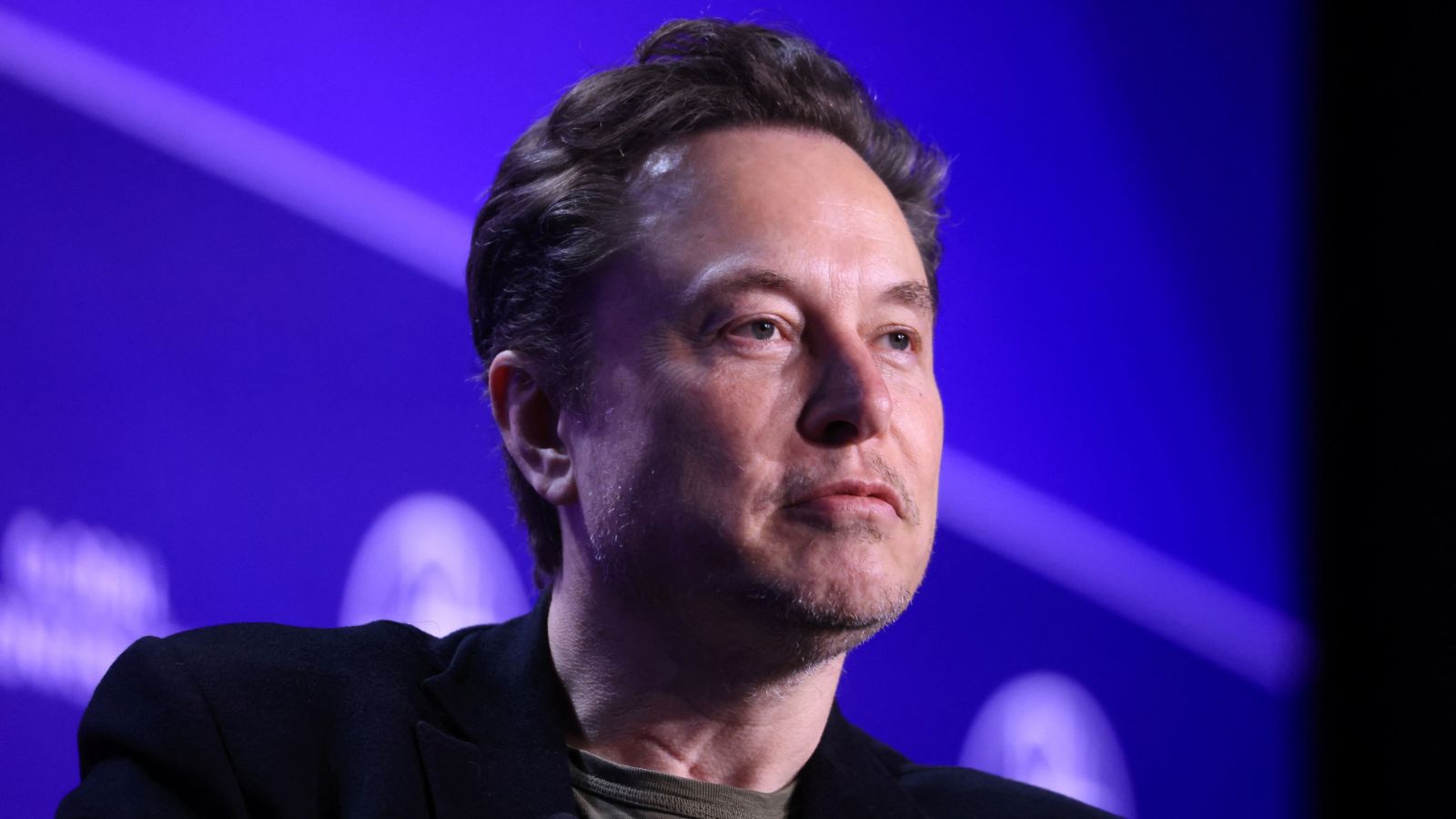
Harris’s focus on these topics aligns with Musk’s interest in the intersection of technology and governance. While Musk has often clashed with government officials and regulators over the future of tech regulation, his invitation to Harris signals a willingness to engage with policymakers in meaningful ways. Musk’s position as a tech entrepreneur with significant influence over the digital landscape makes him a key player in any conversation about the future of social media and technology, while Harris’s role as Vice President places her at the center of policymaking on these issues.
Public Reactions and Potential Implications
The public’s reaction to Musk’s invitation has been mixed. Supporters of Musk’s free speech approach have praised the idea, seeing it as an opportunity for a direct and unfiltered conversation with a political leader. They believe that platforms like X Spaces could provide a new model for political discourse, where individuals can hear from leaders in a more transparent and authentic manner.
On the other hand, critics of Musk and his handling of X have expressed skepticism about the invitation. Some argue that Musk’s platform has become increasingly divisive and prone to misinformation, raising concerns about whether a conversation with Harris would be productive or whether it would devolve into a platform for political point-scoring. There are also concerns about how such a high-profile discussion might be moderated on a platform that has been accused of inadequate content moderation policies.
For Vice President Harris, the decision to participate in such a discussion is significant. It could serve as an opportunity to engage directly with the public and tech leaders in a way that goes beyond traditional speeches or interviews. However, the decision to join Musk on X Spaces could also come with its own set of challenges, particularly given Musk’s controversial reputation and his polarizing stance on free speech. Harris would need to balance the need for an open, honest conversation with the potential for inflammatory or unsubstantiated claims to be made during the discussion.
What’s Next for the Conversation?
Musk’s offer to host Kamala Harris on X Spaces sets the stage for what could be a groundbreaking conversation on the future of technology, governance, and free speech. If Harris accepts the invitation, the discussion would likely focus on the role of tech companies in shaping public opinion, the regulation of social media platforms, and how to ensure that technological advancements benefit society as a whole.
For now, all eyes are on whether Harris will take up the offer. Her participation in such a discussion could signal a new era of political discourse—one that embraces direct engagement between leaders, tech influencers, and the public. Regardless of whether the conversation happens or not, Musk’s invitation highlights the growing influence of tech platforms in shaping the political dialogue and the complex relationship between policymakers and tech giants.
In the coming weeks, as both Musk and Harris continue to navigate their respective roles in tech and politics, the potential for more such collaborations may continue to reshape the way public figures interact with the public through digital channels. The future of social media, political discourse, and regulation is at a crossroads, and conversations like these could provide valuable insights into the direction that both tech and governance will take in the years to come.

